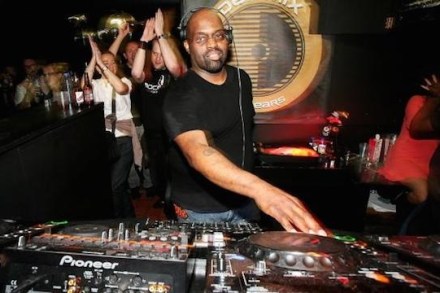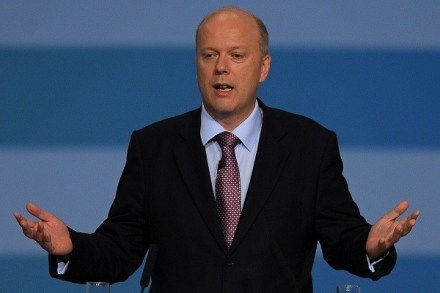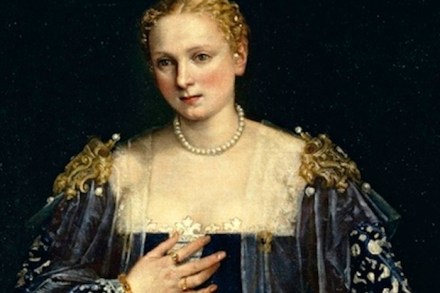A Beckett fagend rescued from a bin
More from BooksSpectator readers of my vintage will remember their first encounter with Beckett as vividly as their first lover’s kiss. For me they happened around the same time, aged 18. The dramatic initiation was a Colchester rep performance of Waiting for Godot, in 1956. Twenty-five years after his first mature work was written Beckett had hit




























